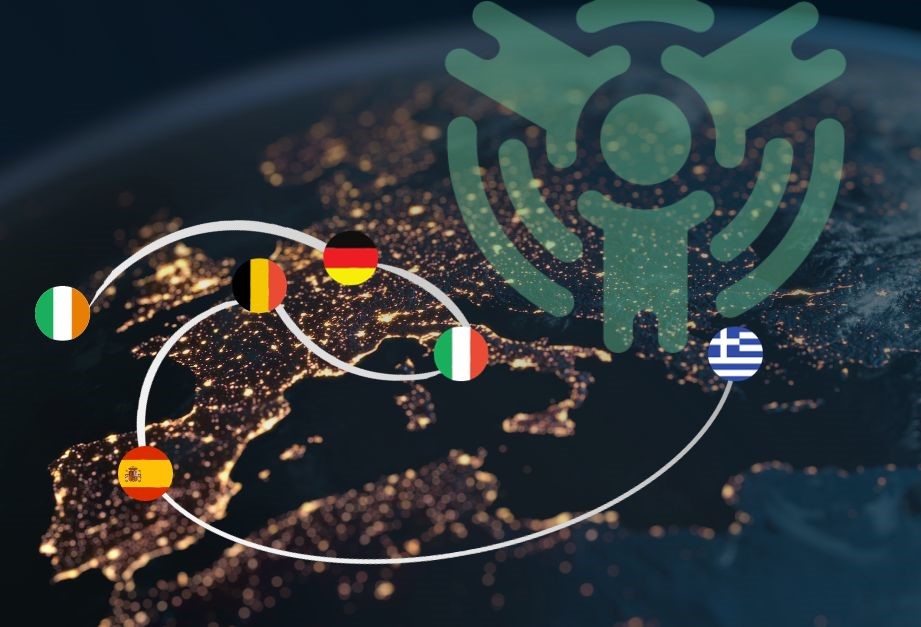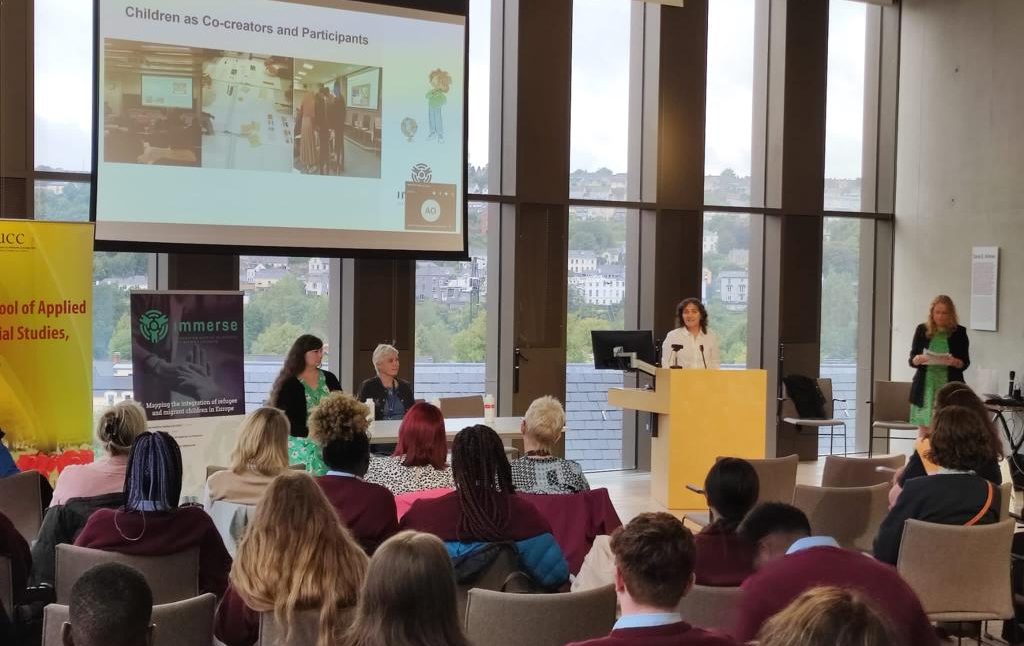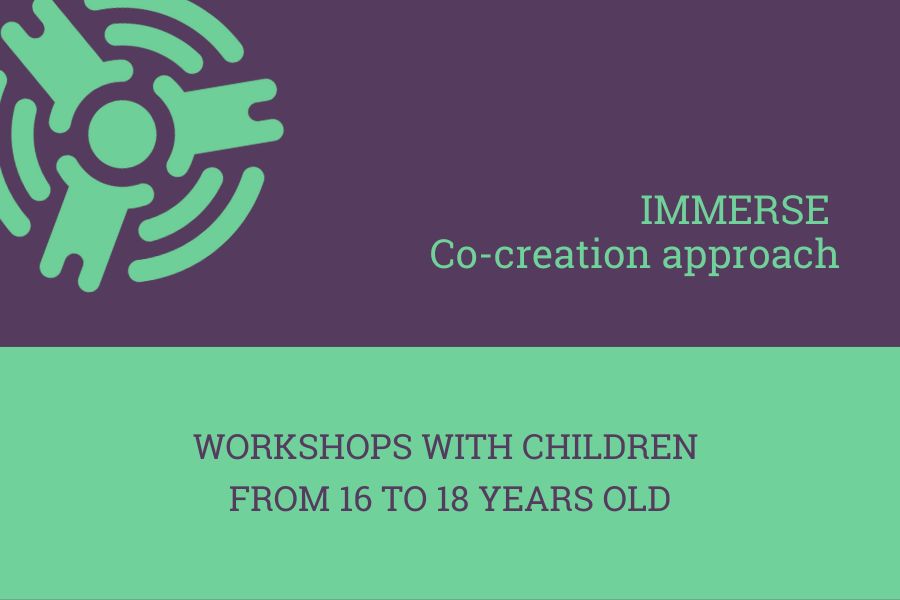Description
The Emmanuel Mission is a meeting or reception place for immigrants with a dynamic integration plan and a platform to make their reality known. The project consists of a country house where around 15 young Sub-Saharan migrants live together with the family running the project. The project has been running for 7 years, in the Municipality of Tres Cantos, in the region of Madrid. The project seeks to provide a home to young Sub-Saharan migrants where they can take responsibility for themselves, while receiving all the support they need, until becoming fully autonomous. “Responsible reception” involves a global attention to the person, working on the development of skills through the self-management of the project (shared house and activities), which includes the acquisition of technical skills and social abilities and practices. It also involves “Responsible education”, as young participants acquire learning compromises, attending formal education and counting on the support of volunteer teachers and mentors. Participants also get access to health care and their basic needs are met (food, cleaning, hygiene, transport). They receive an equal share of the revenues from the house garden and crafts. The project is funded by the Municipality Tres Cantos and private donors.
- Access to health care
- Children complete compulsory education
- Children maintain their cultural identity while adopting new cultural values and intercultural competences
- Children remain in (formal) education beyond compulsory levels / Access to (formal) non-compulsory education
- Children's academic skills
- Children's competence in host language
- Children's sense of belonging
- Institutions
- Types & levels of (formal) non-compulsory education attended
Evaluation ex post
Information not available
Projects’ deliverables
Two information leaflets: one on the project aims and methodology, and one on the conditions of the volunteer program.
Reproducibility
Information not available
Motivation for the submission
The project provides a less-institutionalized solution to reception (the participants share a common home with an actual family) in the key moment of transition to adulthood, particularly among unaccompanied minors. The methodology provides the social support and sense of belonging that IMMERSE identifies as key outcomes, as well as focusing on educational achievements and facilitating the acquisition of legal status.



